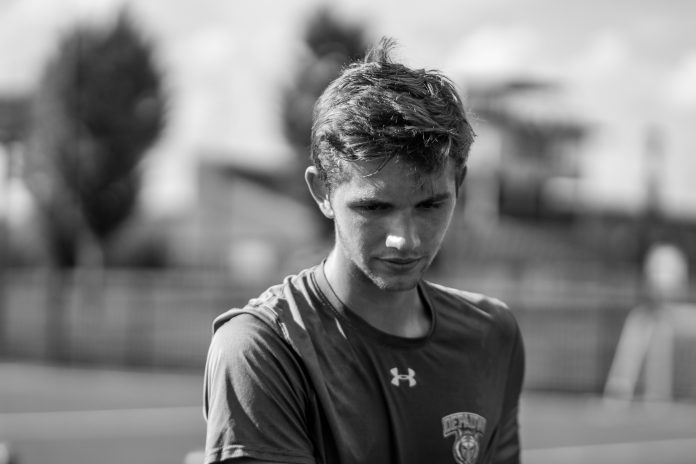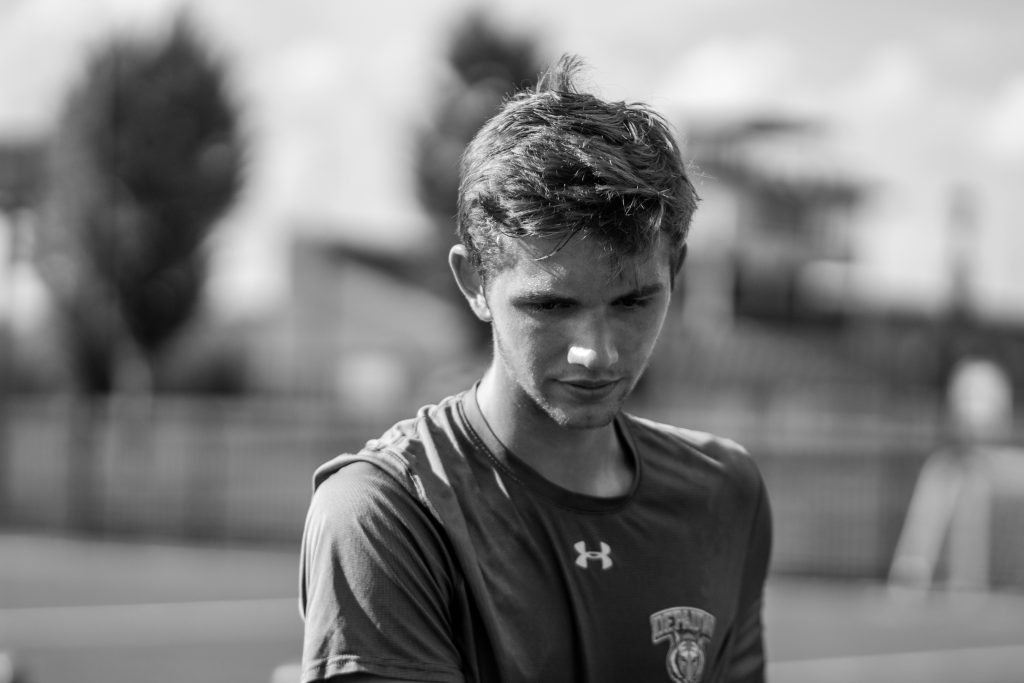

The beginning of the fall sports season is upon us, and what better timing than this to have some of the hottest temperatures of the summer? Heat has certainly been an issue for many teams recently, with multiple days hitting 90 degrees, and high humidity percentages making the problem that much worse.
Although there are countless measures players take to keep themselves safe, some instances are unavoidable. For example, the JV football game this past Sunday against Wabash battled the heat by shortening the quarters to 12 minutes, before they ultimately decided to end in a 0-0 tie after 48 minutes of play.
During practices, coaches and players have to make sure that they stay hydrated, especially as the mixture of heat and humidity continue to be a problem. “I think they’ve handled it really well,” Head Football Coach Bill Lynch said. “I think, through the years, we’re a lot better educated about dealing with heat and taking precautionary measures.”
However, Coach Lynch understands that, like many teams, they will not get a break when the varsity team steps out on the field, and it becomes more important to have an idea of how to deal with possible heat. “This Saturday we’ll be playing a 60 minute game, so we’ll have to be prepared to play more players if it’s a really hot and humid day,” Lynch said.
Many teams have even shifted practice schedules to make sure players do not get overheated, like the cross country team. According to senior Zach Batt, captain of the men’s team, Head Coach Kori Stoffregen even had to remove a hard workout from their weekly plan. “The heat has forced us to reconsider when we run workouts,”Batt said. “If it’s so hot out that hitting our goal paces is impossible, then changing to a morning practice becomes the best option.”
Though this year feels hotter than years past, Assistant Athletic Trainer Kristina Dunn remembers last year being worse due to heat influxes. “Towards the end of September, things started heating up again,” Dunn said. “Quite a few people lost that acclimatization to the heat, so there were a lot of problems.”
After seeing last year’s rapid weather change, Dunn is thankful for the consistent heat rather than the up and down spikes.
In general, the heat does not have to hamper practices, as long as athletes understand how to take care of themselves. It’s simple, but it requires prior preparation. “The best way an athletes can equip themselves to handle the heat is to stay hydrated,” Dunn said. “Another thing is knowing the signs and symptoms of heat related illnesses and paying attention to your teammates if they are struggling. The [earlier] heat illness can be recognized and treated, [the] better the outcomes will be.”
As temperatures remain high, make sure to watch out for yourself: drink lots of water, and keep an eye out for teammates who may not be as prepared for the heat.
